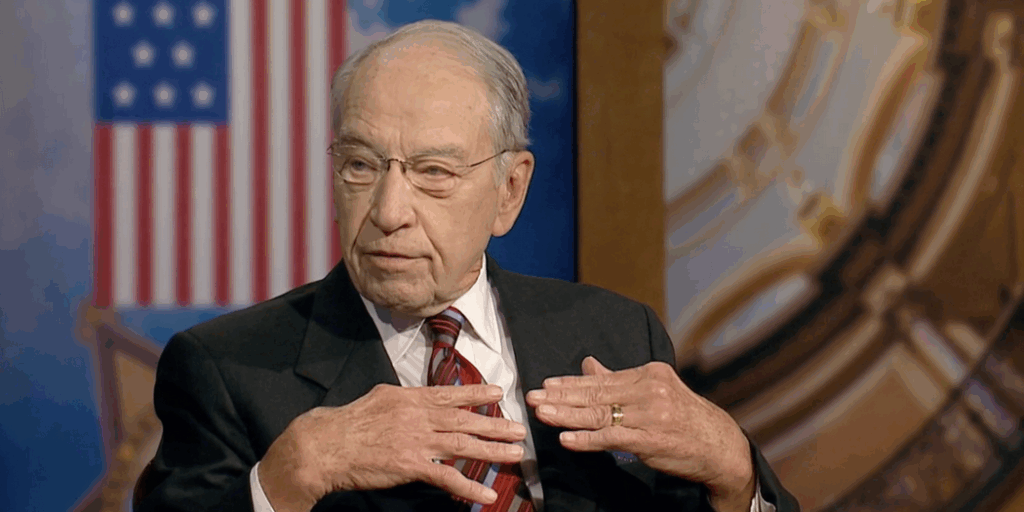The plaintiffs—Henry "Enrique" Tarrio, Ethan Nordean, Joseph Biggs, Zachary Rehl, and Dominic Pezzola—contend that the government, including the FBI and prosecutors, acted on personal biases and engaged in systemic abuse of the legal process in their cases. The five were convicted of various crimes linked to an event where supporters of then-President Donald Trump stormed the Capitol, attempting to reverse the outcome of the 2020 presidential election.
Tarrio is the most heavily sentenced, having received 22 years for his role, including a conviction of seditious conspiracy. Following the convictions, Trump granted clemency to the group, asserting their treatment was egregiously unfair. The new lawsuit claims evidence mishandling and intimidation were part of a politically motivated effort to suppress Trump's supporters.
This legal action highlights a larger conversation about the accountability of individuals involved in the Capitol riot, with nearly 1,600 accused and more than 600 facing serious charges, including assaults on law enforcement. The lawsuit has ignited varied reactions, with Democratic leaders criticizing Trump's pardons and calling the legal battle an attempt by the defendants to reshape the narrative around January 6, which they view as a serious threat to democracy. Both sides of the political spectrum continue to grapple with the implications of the Capitol riot and its aftermath, questioning justice and partisanship within the legal system.
Tarrio is the most heavily sentenced, having received 22 years for his role, including a conviction of seditious conspiracy. Following the convictions, Trump granted clemency to the group, asserting their treatment was egregiously unfair. The new lawsuit claims evidence mishandling and intimidation were part of a politically motivated effort to suppress Trump's supporters.
This legal action highlights a larger conversation about the accountability of individuals involved in the Capitol riot, with nearly 1,600 accused and more than 600 facing serious charges, including assaults on law enforcement. The lawsuit has ignited varied reactions, with Democratic leaders criticizing Trump's pardons and calling the legal battle an attempt by the defendants to reshape the narrative around January 6, which they view as a serious threat to democracy. Both sides of the political spectrum continue to grapple with the implications of the Capitol riot and its aftermath, questioning justice and partisanship within the legal system.






















